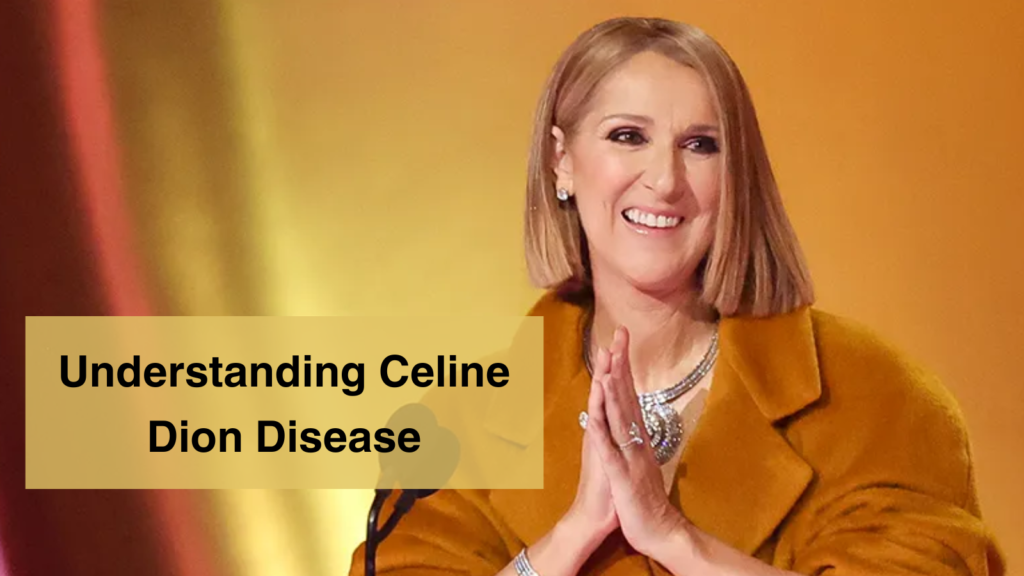Introduction
Have you ever heard of Celine Dion Disease? No, it’s not a medical condition affecting the famous singer, but rather a term that’s been floating around, causing confusion. In this article, we’ll delve into what exactly Celine Dion Disease is, dispel any myths surrounding it, and provide you with the information you need to understand it better.
What is Celine Dion Disease?
Celine Dion Disease is not a recognized medical condition. Instead, it’s a term coined colloquially to describe the phenomenon where someone’s voice resembles that of the iconic singer, Celine Dion. It’s often used humorously or to praise someone’s vocal abilities.
Origins of the Term
The term likely originated from the admiration for Celine Dion’s powerful and emotive singing voice. People started using it as a playful way to describe individuals with similarly impressive vocal talents. However, it’s essential to note that this is not a medical term or diagnosis.
Symptoms and Characteristics
There are no specific symptoms or characteristics associated with Celine Dion Disease since it’s not a real medical condition. However, individuals jokingly referred to as having this “condition” often possess strong vocal capabilities, with a range and tone reminiscent of Celine Dion’s singing style.
Diagnosis and Treatment
Since Celine Dion Disease is not a legitimate medical condition, there are no diagnostic criteria or treatments for it. If someone is said to have Celine Dion Disease, it’s simply a compliment or a humorous observation about their singing voice.
Misconceptions and Clarifications
Despite its widespread use, it’s essential to understand that Celine Dion Disease is entirely fictitious in a medical sense. It’s not something that can be diagnosed or treated by healthcare professionals. It’s merely a term used in pop culture and entertainment circles.
Conclusion
Celine Dion Disease is a term used to describe individuals with vocal talents reminiscent of the iconic singer, Celine Dion. While it’s not a real medical condition, it’s often used humorously or as a compliment. Understanding the origins and context of this term can help dispel any misconceptions surrounding it.


